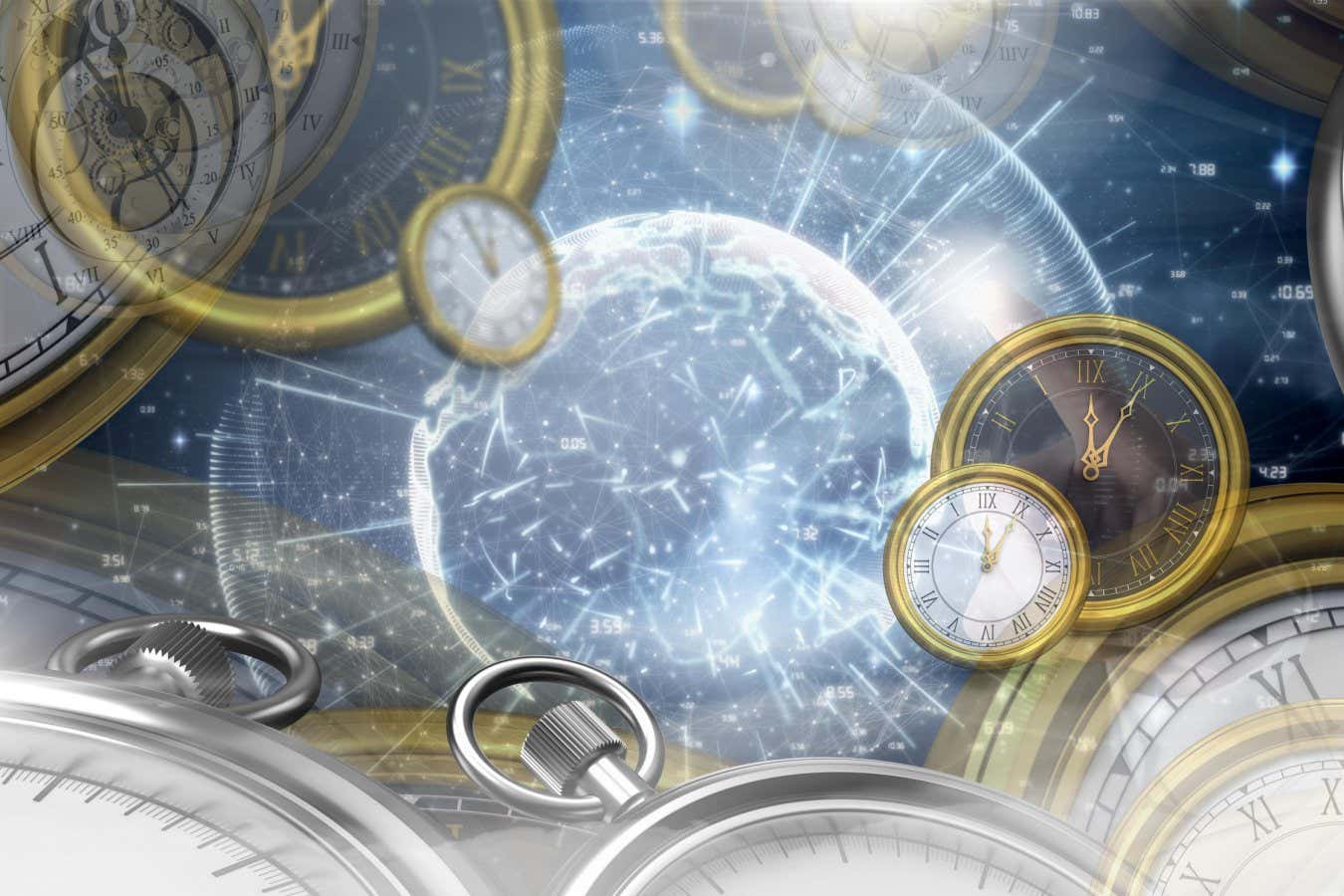The arrow of time can teach us more about how the universe began – and how it will end, says quantum columnist Karmela Padavic-Callaghan
By Karmela Padavic-Callaghan
1 July 2025
The universe follows the arrow of time
Wavebreakmedia Ltd DW1802_1 / Alamy
Where does time really come from? I am often asked this question after acquaintances or friends of friends learn that I am a physics reporter. There is not a set answer – but to better understand it, it helps to look at the arrow of time.
Read more
Why physicists keep trying to get rid of space-time entirely
Dating back to the 1920s, this concept stems from the laws of physics that describe energy, heat and entropy. Entropy is the big one, as time seems to move from low- to high-entropy states – this is the direction in which the “arrow of time” flies. Entropy gets a bad reputation for being about disorder, but the more precise way to think about it is to count how many ways something large – a macrostate – can be assembled from smaller constituent parts, or microstates.
A macrostate that corresponds to many microstates, like a cutlery drawer where spoons and forks are mixed, has a higher entropy than a macrostate where the microstates are more constrained, like the same drawer with all the forks neatly piled on the left and all the spoons on the right. If you arrange the drawer in this way, but the next time you open it the spoons and forks are intermixed, that suggests entropy has increased, and time’s arrow has pushed the drawer from the past to the future.
There is, however, one problem with extrapolating from cutlery to the cosmos. Why would there have ever been a starting state where everything was neat and entropy was low?
Physicists call this the “past hypothesis”, and they aren’t fans of it. When they do the mental exercise of rewinding the arrow of time, they end up in a state where the entropy of the universe was exceedingly low. Such states are thought to be rare, so it is unclear why one had to exist at all. As it would mark the beginning of time, questions also arise about whether such a state must also coincide with the beginning of the universe, the big bang.
